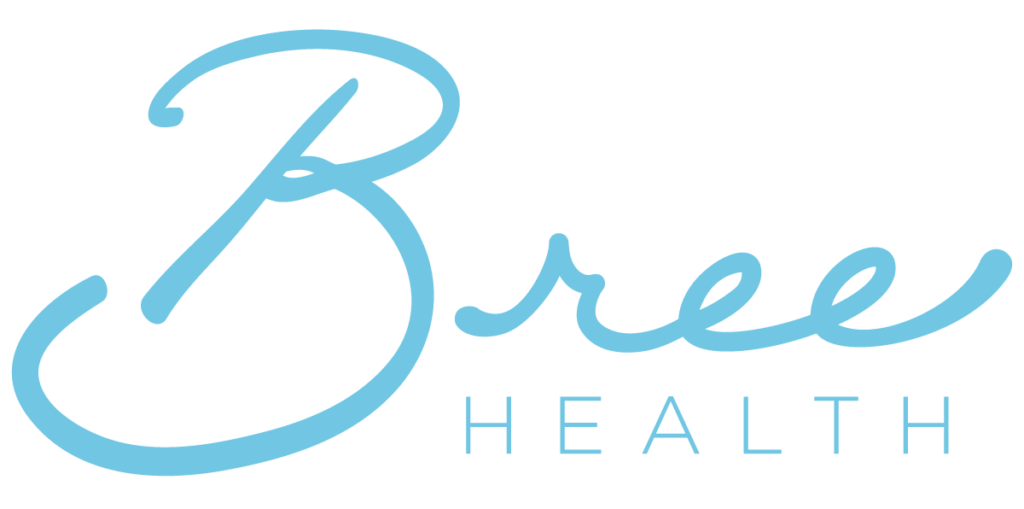In Today’s Relentless World
The need for a moment to breathe is universal. From corporate offices to university campuses, airports to public sector hubs, people face mounting stress—whether meeting deadlines, managing workloads, or navigating travel. Short, isolated, and private breaks that shield individuals from disruptions are emerging as a powerful tool for well-being, productivity, and resilience. Organizations of all kinds should take note.
Why Private Breaks Matter
Modern life rarely slows down. A 2024 Aflac study found 38% of U.S. employees report high stress, a figure that rises in demanding contexts. Psychotherapist Dianne Kane highlights the need for solitude: “People who work under constant stress must take time off to be in complete silence and meditate even if it is for ten minutes during tea or lunch breaks.” Traditional breaks—crowded chats or lounges—often bring distractions, leaving little room for recovery. Private breaks offer a sanctuary for disconnection and recharge without judgment.
Science supports this. A 2022 study on virtual nature breaks showed private sessions reduced stress by 15% more than interrupted ones, via heart rate variability. A 2024 review on microbreaks found 20–30% mental health gains when isolation minimized demands. This intentional solitude boosts focus and reduces errors—benefits any organization values.
The Stakes Are High: Why Breaks Matter
Neglecting private breaks carries costs. A 2023 UK Civil Service survey noted 32% of public sector workers felt stressed due to workload. University staff face similar pressures—a 2022 Times Higher Education survey found 65% of academics reported burnout, driven by teaching, research, and administrative demands. At airports, travelers experience anxiety from delays and crowds, often lacking a quiet retreat (TSA, 2024). Some industries, like healthcare, have seen the impact—more on that soon. Without these pauses, stress threatens well-being and engagement.
Broader Applications Across Industries
Private breaks suit diverse settings. Universities could offer pods in faculty areas for staff to reset during demanding semesters, addressing the 65% burnout rate (THE 2022) and supporting retention. Airports might add private break areas in terminals for travelers to manage the stress of delays, offering a calm space amid chaos. Public sector offices could use quiet zones to ease decision-making stress (32%, UK Civil Service 2023).
In healthcare, a state-wide hospital system tested one innovative approach with the Bree Health Relaxation Pod, a private, noise-cancelling retreat that goes beyond isolation. It offers flexible 5–20 minute breaks with a mindfulness library featuring nature scenes and restorative soundscapes for mental health benefits, paired with a zero-gravity massage chair to ease physical tension—elements that tie to the 2022 study’s findings on stress relief. Staff used it 1,189 times in 60 days, with 96% rating it effective, offering a model for other sectors.
The Real Value: Quantified and Qualitative
The value is clear. The hospital pilot’s 96% effectiveness aligns with 15–30% stress reduction from studies, and indeed, the pilot has turned into a permanent installation of the Pod at the hospital. Furthermore, a 2021 Harvard Business Review analysis found 25% higher satisfaction with short, private, uninterrupted breaks, potentially cutting turnover costs ($3.9–$5.8M for hospitals, NSI 2024). Productivity gains hit 12% (2018 study). Qualitatively, empowerment shines—individuals control their recharge, as seen with the hospital’s 87.5% eagerness to keep the Pod (Press Ganey 2024).
Challenges and Action Steps
Critics favor social breaks, and a 2020–2022 study warned of isolation risks, but short private breaks avoid this. Space is a hurdle—pods aren’t always possible—but a quiet corner with headphones works. Leaders can:
• Create Zones: Designate quiet areas—faculty offices, terminals, or workplaces
• Encourage Use: Model breaks to normalize them (23% engagement boost, Gallup 2023)
• Pilot and Assess: Trial for 30 days, track feedback
The Bigger Picture
Private, peaceful breaks meet a universal need for recovery. Some hospitals are taking the lead, but universities, airports, and public sector offices can follow for staff, travelers, and workers. Investing here supports people and future-proofs organizations.
Explore the hospital case study and the Bree Health Relaxation Pod at breehealth.com/breepod.

